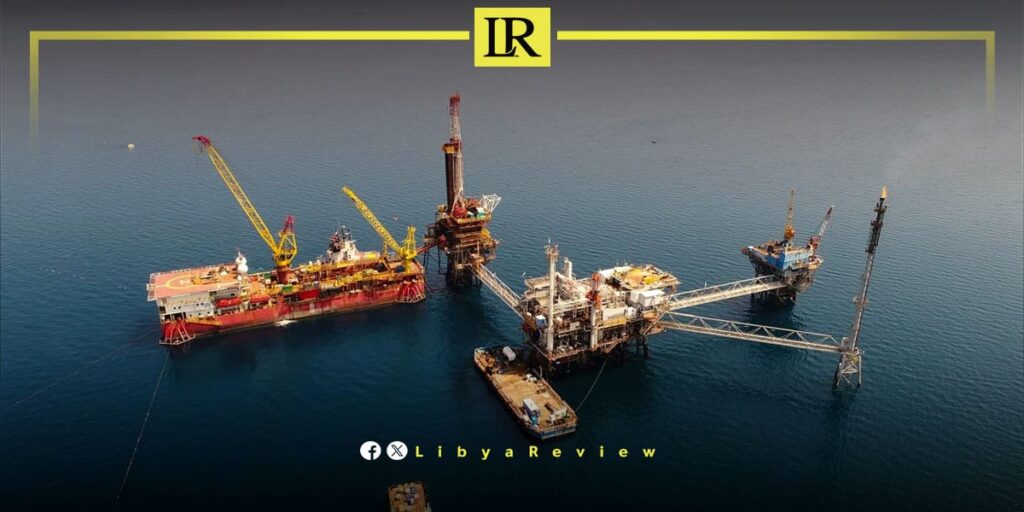Libya has formally lodged a protest with the United Nations, objecting to Greece’s recent claims to maritime zones south and west of the island of Crete. The move marks the first time Tripoli has officially asserted its position in the ongoing dispute over Eastern Mediterranean energy exploration rights.
According to Greece’s “To Vima” newspaper, the Libyan diplomatic note was submitted to the UN on 20 June and published on 3 July. It challenges Greece’s decision to allocate exploration blocks for hydrocarbons in areas Libya considers contested.
At the centre of the dispute is the 2019 maritime memorandum of understanding signed between Libya and Turkey, which Athens considers invalid under international maritime law. Libya’s note disputes the “median line” Greece has used to issue licences in the area, particularly for blocks named “Crete 1” and “Crete 2”.
Libya argues that the maritime zones in question remain unresolved and should be subject to bilateral negotiations. The diplomatic note includes maps aligning with the Turkey-Libya maritime deal, effectively nullifying Greece’s exclusive economic zone (EEZ) south of Crete.
Tripoli also accuses Athens of creating de facto realities that harm Libya’s sovereign rights by offering exploration rights to firms such as ExxonMobil and Total. The Libyan government contends that over 85% of the 23,300-square-kilometre area advertised by Greece lies within Libya’s maritime domain.
While Greece insists its actions are legal under the UN Convention on the Law of the Sea and maintains that islands like Crete generate full maritime rights, it has expressed willingness to negotiate or refer the matter to the International Court of Justice if talks fail.
Libya’s official protest has added a new layer of tension to already complex energy and territorial disputes in the region.


